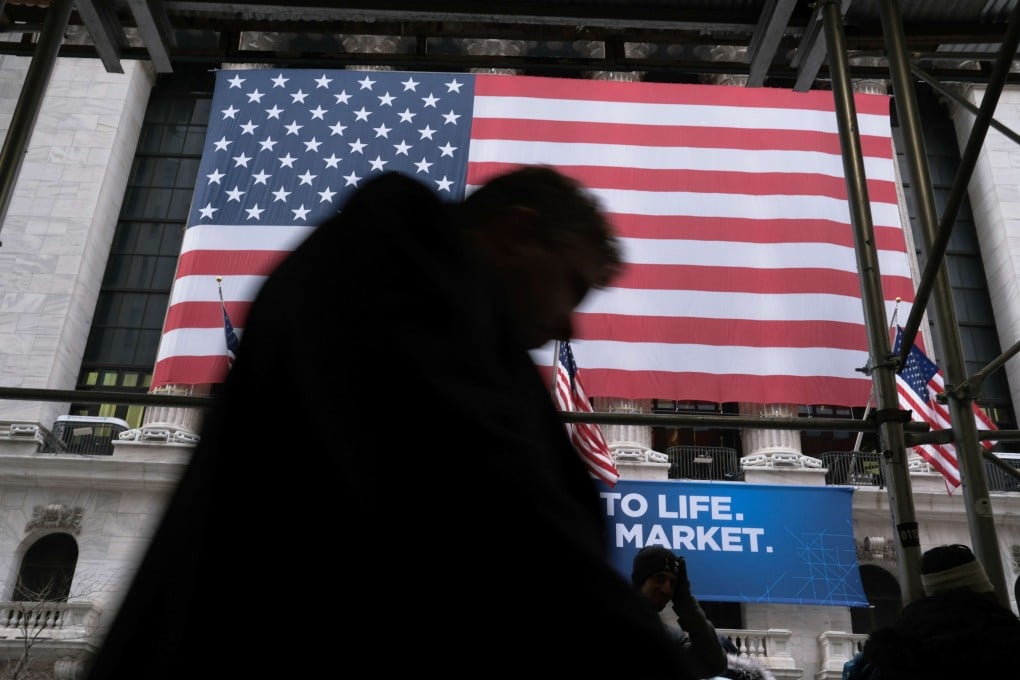If slowing growth, unsound financial systems and the coronavirus don’t trigger a market meltdown, central banks will
- Both China and the US chose the wrong remedies for ailing economies in wake of the global financial crisis. Financial risks abound today, as they did in 2007
- A decade of easy money has only compounded the problems. Central bankers know this, and may seek to mitigate the distorting effects of low interest rates

In July 2007, the Post published my article with the headline “Get ready for stock market collapse”. Three months later, share prices slid into the abyss of the global financial crisis. I haven’t predicted a market collapse since. I am predicting one now.
Back in 2007, signs of a market collapse were evident in overpriced shares, investor complacency, and fast-sprouting hedge funds and brokerage accounts. China was then an emerging economic power with ample debt capacity to cushion the world’s fall.
But both China and US got their responses to the global financial crisis wrong. Rather than stimulating consumption that still lags, China stimulated investment despite its industrial overcapacity. The US stimulated consumption (remember “cash for clunkers”?) rather than investing in new technologies, worker retraining and still creaking infrastructure.
Each wasted US$4 trillion in fiscal stimulus doing what the other should have done. Central bankers came to the rescue with now long-in-the-tooth monetary stimulus that is setting the stage for our next downturn. Rounds of quantitative easing later, the US M2 money supply has doubled. Likewise for the European Union. China’s M2 has increased fivefold and other central bankers have tagged along.
With so much money circulating, it’s no surprise that real asset values denominated in diluted currencies have soared, with real estate, commodity and share prices setting historic highs.

